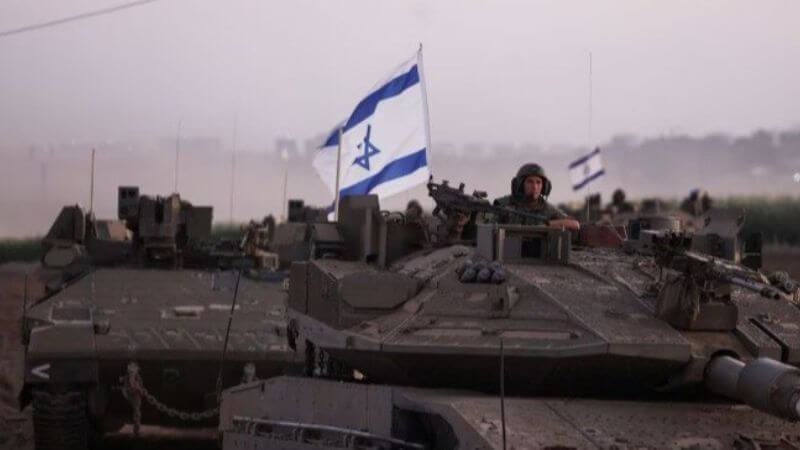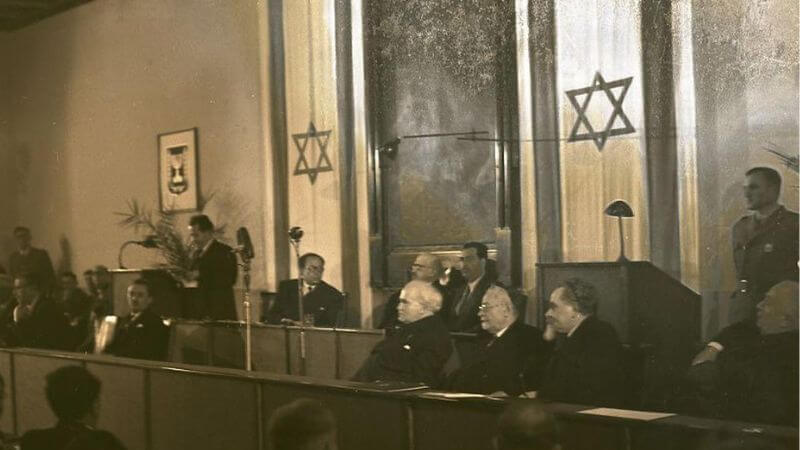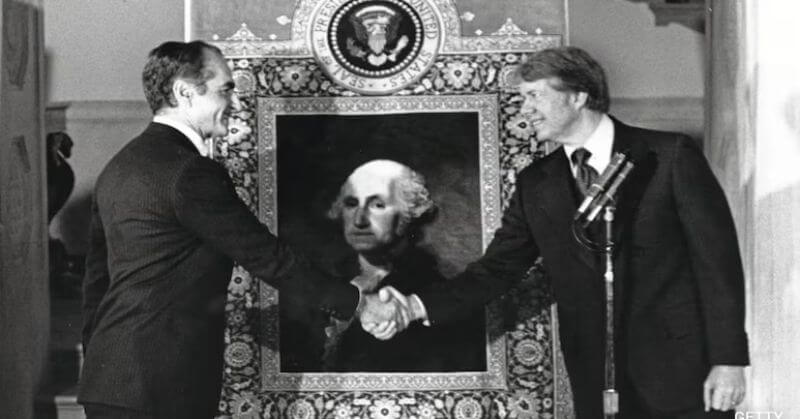Iran, on Tuesday, fired around 200 missiles with hypersonic weapons at Israel. An escalation that risked a wider war in the Middle East after they lost to their leader, Hezbollah, and sent troops to Lebanon. The relationship between the two of them was not always sour.
In the 1960s, the Middle East was fraught with tension and conflict. Where many countries in this region remain locked in hostilities, and unlikeable friendship emojis between the two nations that seem to have a probable alliance are Israel and Iran. Again, the backdrop of the Iranian revolution and the Iraq-Iran war was that the relationship between the two countries was one of strategic convenience, not ideological alignment.
The groundwork for one of the most secret partnerships in the era involves Iraq’s intelligence agency and SAVAK Iran’s secret police, both of which played a crucial role in bolstering Kurdish insurgents against the central Iraqi regime. These Kurds were seen as the Achilles heel of Iraq’s Arab nationalist leadership, essential in undermining the Iraqi government from within.
The cooperation between the two countries has reached a new height, whitening different roles. In 1958, Trident saw that the Non Arab powers exchange critical intelligence and engage in joint counterintelligence operations; this mutual relationship between Israel and Iraq was even closer and deeper with other military and intelligence ties that extended well into the Shah’s region.
The Shah’s Ambitions For Iran And Israel

Mohammad Reza Pahlavi, The Shah of Iran, was given not only to share geopolitical interests but also to believe in the influence of Washington as a potential means for enhancing the relationship with the United States, which after the Kennedy administration was concerned about authoritarian rule. The Israeli-Iran relationship was the key feature of Iran’s strategy to align itself with the West. It established a permanent Israeli delegation in Tehran by the mid-1960s, functioning as a de facto embassy.
However, the relationship was questionable by all, and there were more complications. The Shah, aware of the widespread anti-Israeli sentiment across the Arab world, carefully managed the public face of Iran’s relationship with Israel.
An Alliance In The Shadows

While these efforts were secretive, they were also a part of a broader regional strategy for both countries. Israel, at the time, was dealing with its neighbors, including Syria and Lebanon. While there, it struggles to maintain its great power after the revolution. For both countries, the convert alliance was a practical measure to deal with the immediate threats rather than a long-term partnership.
At the same time, the United States plays a complex role in this dynamic. Officially, the United States was neutral in the Iran-Iraq conflict but had an interest in preventing one of the nations from dominating the region. United States’ involvement in the Iran Contra affair, where American officials secretly facilitated arms sales to Iran, complicated the geopolitical landscape.
At the time, Iraq, under the leadership of Saddam Hussein, was a posed threat to both Nations. Iran had just undergone its Islamic revolution in 1979 with the newly established government, which Ayatollah Khomeini led.
The Secret Missile Project: Operation Flower
The partnership between the two countries extended beyond the conventional arms deal. This project was one of the most ambitious and last for both countries. A secret multi-billion dollar initiative was begun in 1977 under the region. The project involved the modification of a surface-to-surface missile that is capable of being fitted with a nuclear warhead similar to Iran. However, the nuclear aspect of the project was not pursued.
As a part of the day, Iran had to make a substantial down payment by sending $268 million worth of oil to Israel in 1978. Work on the missile program continued the Islamic revolution in 1979 after Khomeini’s regime.
The End Of Hidden Partnership

By the late 1980s, the relationship between Israel and Iran came to an end. The public stances of the Iranian government, which continued to call for Israel’s destruction, made it difficult for the best conversion cooperation and to continue for the long term. However, the shifting geopolitical landscape with Iran emerging as a more dominant regional player post-war reduces the need for such alliances.
The relationship between the two nations deteriorated further as Iran’s Revolutionary ideology took precedence. Israel increasingly became a target of Iranian-backed groups. By 1990, the partnership had dissolved, and the two nations became firmly trenched in opposing camps.
Iran and Israel, the two Middle East countries, are now on the brink of all-out war, evidenced by Israel’s multi-frontal conflict against Hamas in Gaza, Houthis in Yemen, and Hezbollah in Lebanon.
Follow Us: Facebook | Instagram | X |
Youtube | Pinterest | Google News |
Entertales is on YouTube; click here to subscribe for the latest videos and updates.














